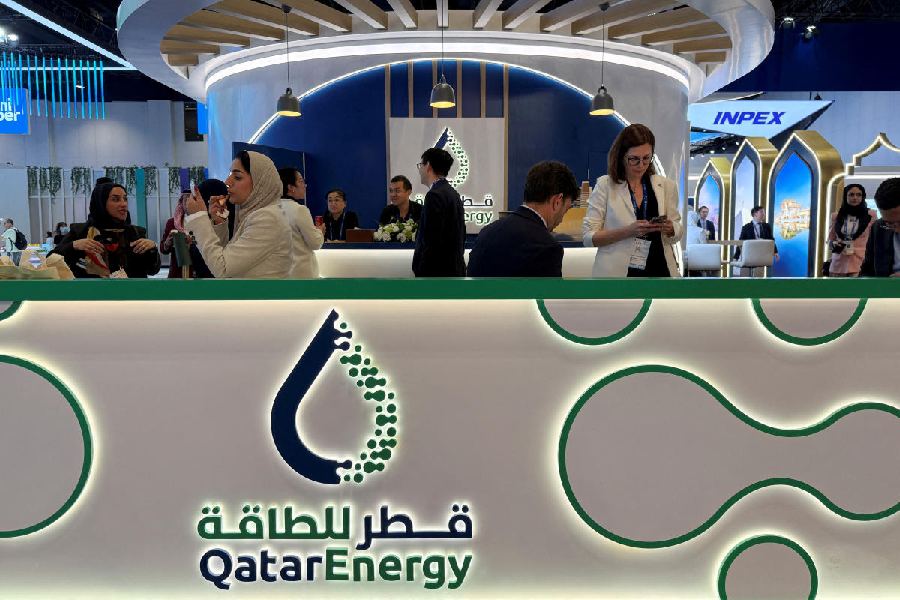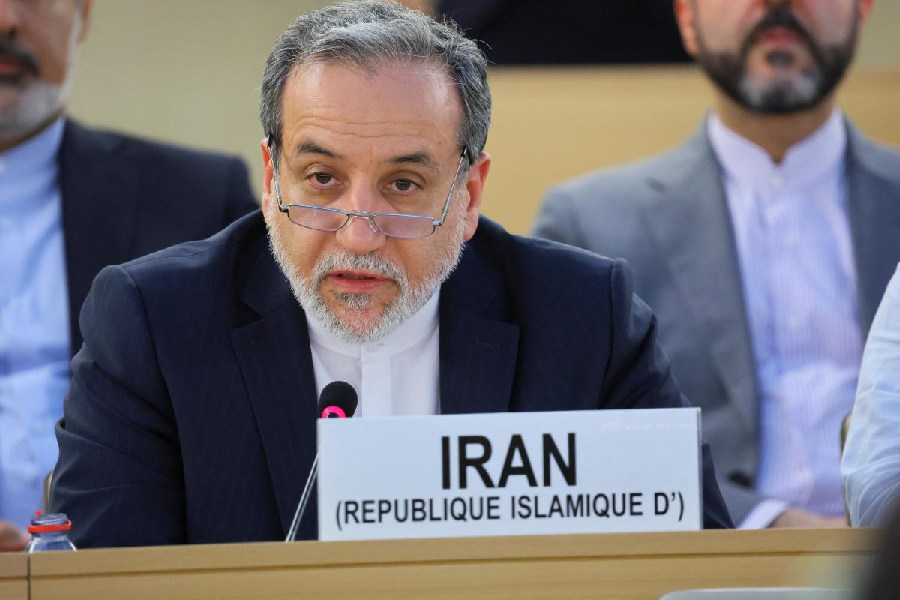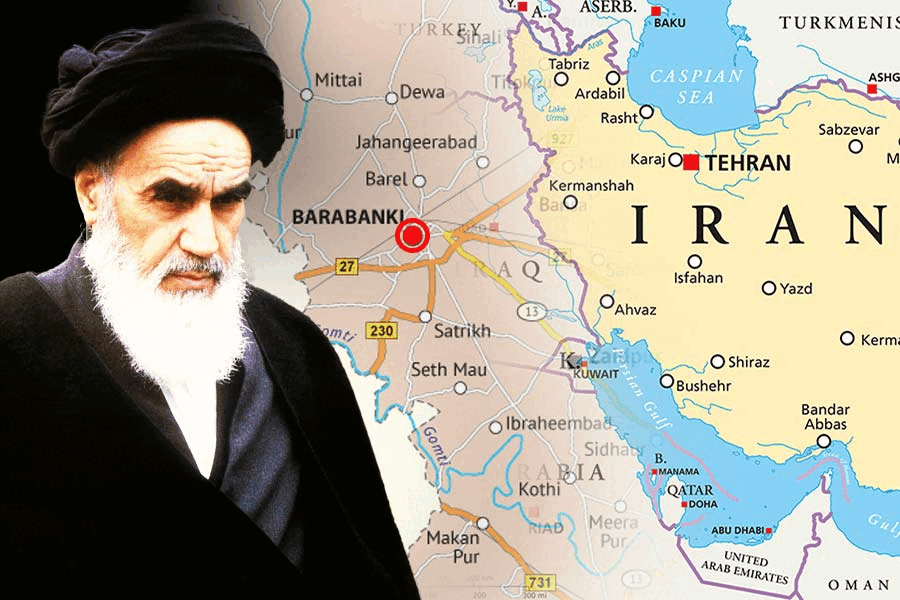Qatar held crisis talks this week with energy majors after Israeli strikes on Iran's huge gas field, which it shares with Qatar, an industry source and a diplomat in the region told Reuters.
Saad Al Kaabi, CEO of state-owned QatarEnergy and the Gulf Arab state's energy minister, urged companies to warn the US, Britain and European governments about the risks the conflict poses to gas exports from Qatar and the increasing threat to the global gas supply, they said.
An interruption to Qatar’s liquefied natural gas (LNG) operation could cut off around 20 per cent of the global supply, which Doha exports from the world's largest gas reservoir.
"QatarEnergy is making sure that foreign governments are fully aware of the implications and repercussions the situation and further escalation pose to gas production from Qatar,” said the diplomat, who spoke on condition of anonymity because of the sensitivity of the situation.
QatarEnergy did not immediately respond to a request for comment.
Kaabi also met this week in Doha with ambassadors representing countries whose companies are involved in QatarEnergy's North Field expansion project, the diplomat said.
US majors ExxonMobil and ConocoPhillips, Britain's Shell, Italy's Eni and France's TotalEnergies all have stakes in the expansion, which is set to boost exports from Qatar by around 82 per cent in the coming years. Qatar currently produces 77 million tonnes of liquefied gas a year.
So far, there have been no disruptions to QatarEnergy's exports, and cargo deliveries are on schedule.
Israel began attacking Iran last Friday, saying its longtime enemy was on the verge of developing nuclear weapons. Iran, which says its nuclear programme is only for peaceful purposes, retaliated with missile and drone strikes on Israel.
The White House said on Thursday President Donald Trump would decide on U.S. involvement in the conflict in the next two weeks.
Complex risks
A further expansion of the biggest ever conflict between Israel and Iran poses multiple risks to operations at QatarEnergy, the world's largest exporter of LNG.
Qatar said Israel's strike on Iran's portion of the shared gas field, some 200 km (124 miles) from QatarEnergy's installations was a reckless move.
"The companies operating in the fields are international, and there is a global presence, especially in the North Field," Majed Al Ansari, spokesperson for Qatar's foreign ministry, told reporters on Tuesday.
Further Israeli strikes on the Iranian field would pose a risk to workers on Qatar's offshore installations and could trigger a shut down of operations.
An Israeli strike on Iran's coastal nuclear power plant at Bushehr could also trigger a shutdown, as contamination of Gulf waters would make it impossible for workers to access Qatar's rigs, which are mostly offshore.
If Iran disrupts shipping through the vital Strait of Hormuz, as some Iranian officials have suggested, Qatari production would also be interrupted. Doha's LNG tankers must transit the strait to get supplies to almost all of Qatar's customers, which are mainly in Europe and East Asia.
QatarEnergy has this week instructed tankers to remain outside the Strait of Hormuz and to enter the Gulf only the day before loading, two sources told Reuters.
Asian buyers would be most affected by disruptions at Hormuz, and would have to bid up the price and compete with European buyers to attract gas cargoes from the Atlantic basin.
Concerns over LNG supply disruptions have boosted Asian spot liquefied natural gas (LNG) prices, which reached $14.00 per million British thermal units (mmBtu) on Friday, up 11 per cent from last week, according to a Reuters assessment.












